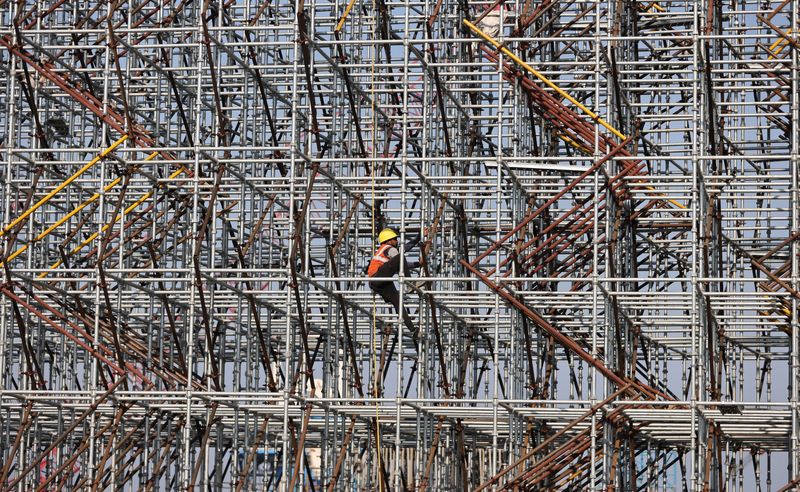By Jorgelina do Rosario
LONDON (Reuters) - Emerging economies will face a "tough terrain" for the next few quarters due to the Russia-Ukraine war, Atsi Sheth, global head of strategy and research for Moody's (NYSE:MCO) Investors Service, said on Thursday.
While the overall picture is gloomy, commodity exporters will face better outcomes than other countries or companies, she added.
The ratings agency forecasts in a report that nearly 30% of rated non-financial companies in emerging markets would face "heightened credit risks" in a worst-case scenario in which Russia’s invasion of Ukraine triggers a global recession and liquidity squeeze, including a suspension of energy trade between Europe and Russia.
"Companies that serve consumers are likely to suffer a little bit more because their wallets are going to be constrained by inflation," Sheth said at a conference.
Asian firms are more highly exposed due to supply chain disruptions and limited access to funding while Latin American corporates are less exposed, the Moody's research found.
In a less severe scenario, where commodity shocks, higher inflation and interest rates crimp global growth in 2023, some 8% of emerging market firms would face heightened credit risk, it found.
Automotive manufacturing is one sector that may continue to suffer from supply chain disruptions.
On the sovereign level, Sheth added that the credit agency was closely monitoring elections in emerging economies this year, as demand for change amid economic and financial hardship could lead to political change.
Colombia has first-round presidential elections on May 29, while Brazil heads to the polls in October.
Credit risk increases when a democratic government changes to an authoritarian one, and vice versa. Moody's calculated that in 25% of such cases there are associated defaults on the country's government bonds.
"That's how social risk becomes a credit risk", she said.
Countries that have stuck with credible monetary policy aimed at fighting inflation throughout the pandemic and the Russia-Ukraine war will face less financial risk in the medium-term, Sheth added.
"Take a look at Turkey - the markets are sort of punishing (it)," Sheth said.
